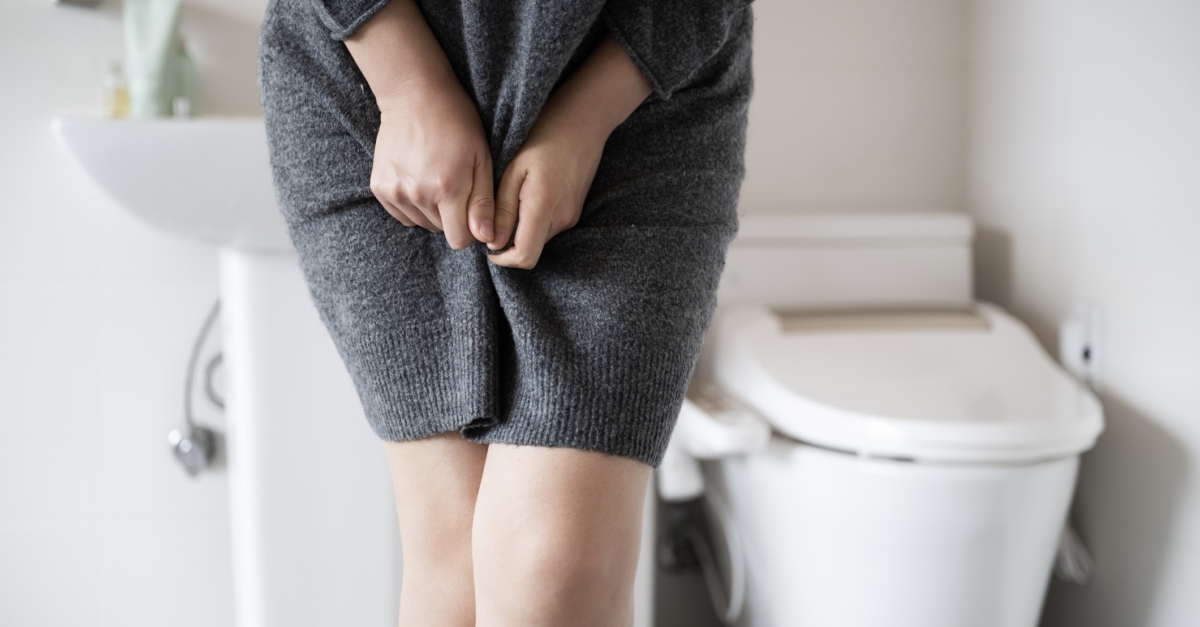Tips to Improve Your Bladder Health
Like every part of your body, your bladder experiences natural changes as you age. But intimidating issues like incontinence or infections aren’t inevitable. In many cases, these problems can be reduced or prevented with some simple lifestyle changes.
We always advise making an appointment to investigate persistent bladder issues, but here are some ways you can start prioritizing bladder health now.
Try Pelvic Floor Exercises
Pelvic floor exercises can prevent or control bladder issues like urinary incontinence. The pelvic floor is a muscle group that supports several important organs, including your bladder, uterus, and small intestine. Like other muscle groups, your pelvic floor can be strengthened with regular exercise. Try a combination of Kegels, squats, and bridges for better urinary health now, and to prevent issues like pelvic floor prolapse down the road.
Choose Cotton
Undergarments made of nylon and other synesthetic materials may be more likely to trap moisture, which can invite bacteria. Since UTIs are usually caused by bacteria, breathable fabrics are best. You can’t go wrong with cotton — this soft, absorbent fabric promotes airflow to keep moisture at bay.
Pee After Sex
Even when using protection, sometimes intercourse can introduce bacteria into your urinary system. One simple way to flush it out is to urinate after having sex. While this isn’t a foolproof way to prevent UTIs altogether, many women who practice the habit report that it’s helpful.
Empty Your Bladder Fully
It can be tempting to rush your bathroom break and get back to your day quickly, but doing so can backfire. “Stopping your urine stream too soon allows it to make its way back into the bladder,” explains Dr. Obiamaka Mora, “where it can introduce bacteria.” Even when you think you’re done, give yourself several seconds to make sure your bladder is truly empty.
Watch How You Wipe
Again, it all comes down to bacteria. Wiping from back to front exposes your urethra to bacteria like E. coli, so always wipe from front to back after a bowel movement or urinating.
Stay Active
In addition to pelvic floor exercises, other types of physical activity could help to strengthen your bladder. The American Urological Association recommends low-impact exercises like yoga, bicycling, and swimming, which can tone your core and minimize bladder pressure. Be cautious about the physical activity you focus on to protect your bladder, however, as heavy lifting and high-impact exercises (like jumping), could put excess pressure on the organ, and may also be more likely to cause leakage.
Stay Hydrated
Staying hydrated keeps your bladder healthy by diluting urine and clearing out bacteria. Aim for at least 50 ounces of water daily, and feel free to add cranberry juice into your rotation. While it won’t cure an existing UTI, cranberry juice can prevent E. coli bacteria from taking hold and causing an infection in the first place.
Avoid Smoking
You already know that smoking sharply increases your risk of lung cancer, but it’s also linked to an increased risk of bladder cancer. In fact, up to 50% of bladder tumors are attributed to smoking. Nonsmokers should continue to steer clear of it, while current smokers can find quitting resources through the American Lung Association.
Know When to Get Help
If your bladder issues are interfering with your quality of life, it’s time to talk to your gynecologist and health provider. An overactive bladder, for instance, can lead to the accidental release of urine, frequent urination, and a sudden need to urinate that may be difficult to control. Fortunately, there are several effective treatments available for this and other bladder issues.
Our experts are well-versed in diagnosing and treating bladder issues, so don’t hesitate to contact our team with any bathroom troubles. We can help pinpoint the cause(s) of incontinence or other bladder issues and develop a treatment plan to best fit your needs. To schedule an appointment, call 404-352-2850 or arrange one online.



